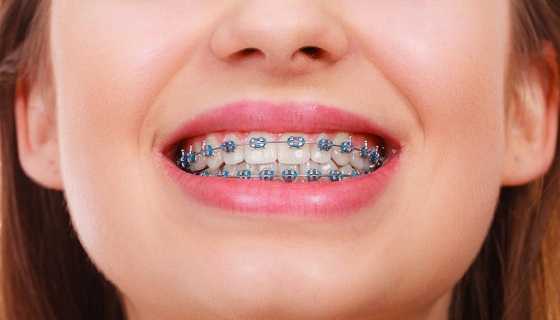The Importance of Patient Education in Preventive Dentistry Services
Patient education plays a pivotal role in preventive dentistry services, serving as a cornerstone for promoting oral health and overall well-being. By imparting knowledge about proper dental hygiene practices and the significance of regular check-ups, dental professionals empower patients to take proactive steps in maintaining their oral health. Education starts with understanding the fundamentals of dental care, including brushing techniques, flossing methods, and the importance of using fluoride toothpaste. These basics form the foundation of a healthy oral care routine that can prevent common dental issues such as cavities, gum disease, and enamel erosion. Furthermore, patient education in preventive dentistry extends beyond daily practices to include lifestyle choices and dietary habits. Dentists educate patients about the detrimental effects of sugary foods and beverages on oral health, emphasizing the role of balanced nutrition in maintaining strong teeth and gums. By promoting a diet rich in calcium, vitamins, and minerals, dental professionals contribute to the prevention of dental decay and promote overall systemic health.

Moreover, educating patients about the importance of regular dental visits is crucial in preventive care. Many individuals may not realize that routine check-ups enable early detection of dental problems before they escalate into more serious issues requiring extensive treatment. Dental professionals educate patients about the significance of professional cleanings, which remove plaque and tartar buildup that cannot be adequately addressed through home care alone. Additionally, these visits allow dentists to conduct thorough examinations, including screenings for oral cancer, ensuring comprehensive oral health management. Patient education also plays a vital role in addressing common misconceptions and fears associated with dental procedures and visit https://www.dentistredmond.com/redmond/sedation-dentistry/. By explaining treatment options in clear and understandable terms, dentists help alleviate anxiety and encourage patients to actively participate in their oral health care decisions. Understanding the benefits and potential risks of various procedures empowers patients to make informed choices that align with their health goals. In preventive dentistry, patient education fosters a collaborative relationship between dental professionals and their patients, promoting mutual respect and trust. Through open communication and personalized guidance, dentists can tailor educational efforts to address individual patient needs and preferences.
This personalized approach enhances patient compliance with recommended oral hygiene practices and preventive care strategies, ultimately leading to improved long-term oral health outcomes. Furthermore, patient education serves as a proactive measure in reducing the economic burden associated with extensive dental treatments. By emphasizing preventive measures early on, dental professionals help minimize the occurrence of costly interventions for conditions that could have been prevented through proper education and regular maintenance. In conclusion, patient education is indispensable in preventive dentistry services, playing a pivotal role in promoting oral health, preventing dental diseases, and enhancing overall well-being. By equipping patients with the knowledge and skills necessary to maintain optimal oral hygiene, dental professionals empower individuals to take control of their oral health and adopt lifelong habits that contribute to a healthy smile. Through continuous education and support, dentists not only improve the quality of life for their patients but also advocate for a proactive approach to dental care that prioritizes prevention over treatment.